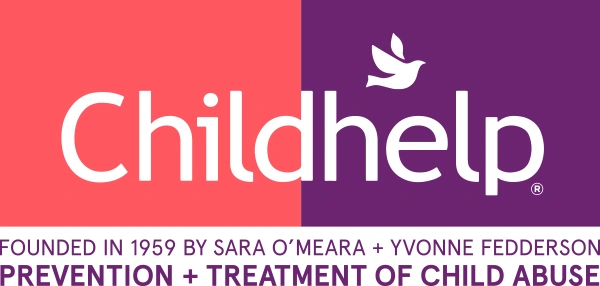This article originally appeared as an op-ed in the Arizona Republic.
She was just 10 years old. Blonde hair. Big eyes. A smile that could light up a room. Rebekah Baptiste was so excited to begin the fifth grade at Empower College Prep. But Rebekah was also on the radar of child welfare officials — over and over again. Despite at least 12 reports of suspected abuse, she died at the hands of people who should have loved and protected her.
Sadly, Rebekah’s story is not unique.
Recently, Arizona has lost too many children to abuse:
- 16-year-old Zariah Dodd, who was pregnant at the time of her murder
- 14-year-old Emily Pike
- 6-week-old baby boy
- 4-week-old baby girl
Both of the infants were beaten to death by their young fathers because they “wouldn’t stop crying.” None of these children will ever know what it feels like to run through the grass, play in the rain, marvel at the mountains, or bite into an ice cream cone on a hot summer day. Instead, they will be highlighted in an obituary and featured on the news, remembered by the brutal acts of the people who helped bring them into this world. People who share their DNA.
These children aren’t statistics — they are the human cost of a system that often reacts too late, and sometimes not at all.
Watch Childhelp Chief Operating Officer and Chief of Staff Michael Medoro on 3TV call for reforms to reporting standards, oversight of group homes, and recognizing abuse patterns to prevent future tragedies.
The Hard Truth
- Every 10 seconds in the U.S., someone reports suspected child abuse.
- Every year, 4 million reports are made to child protection agencies, involving 7.5 million children.
- Every day, six children die from abuse.
And yet, being “known to the system” doesn’t always mean being safe.
In Rebekah’s case, only one report used the exact statutory language needed to open an investigation. The others — though deeply concerning — were dismissed.
Our thresholds for intervention are too high. Oversight is too weak. Services are overburdened and underfunded. And too often, repeated reports are treated as isolated events instead of connecting the dots. By the time action comes, it’s too late.
This is Not Just a Government Failure
Child abuse prevention is everyone’s responsibility. We can’t wait for lawmakers or agencies to fix it on their own. If you see something, say something. And keep saying it until a child is safe.
Warning signs:
- Physical: Unexplained bruises or burns, hair loss, clothing inappropriate for the weather, poor hygiene
- Behavioral: Sudden withdrawal, dramatic changes in school performance, fearfulness around certain people, reluctance to go home
If your gut tells you something is wrong, trust it.
If a child is in immediate danger, call 911. If you need guidance, support or crisis intervention, call the Childhelp National Child Abuse Hotline at 1-800-4-A-CHILD (1-800-422-4453).
The Road Ahead
On September 3, 2025, Arizona lawmakers will hold a special session to examine failures in the child welfare system. Childhelp will be there, pushing for immediate reforms and long-term change. But the truth is, no reform will matter without the persistence of a caring public.
Maybe you called before and nothing happened. Call again. Call 10 times if you have to. A child’s life is worth your persistence.
In the fight against child abuse, silence isn’t neutral — it’s deadly. Protecting children isn’t someone else’s job.
It’s all of ours.

